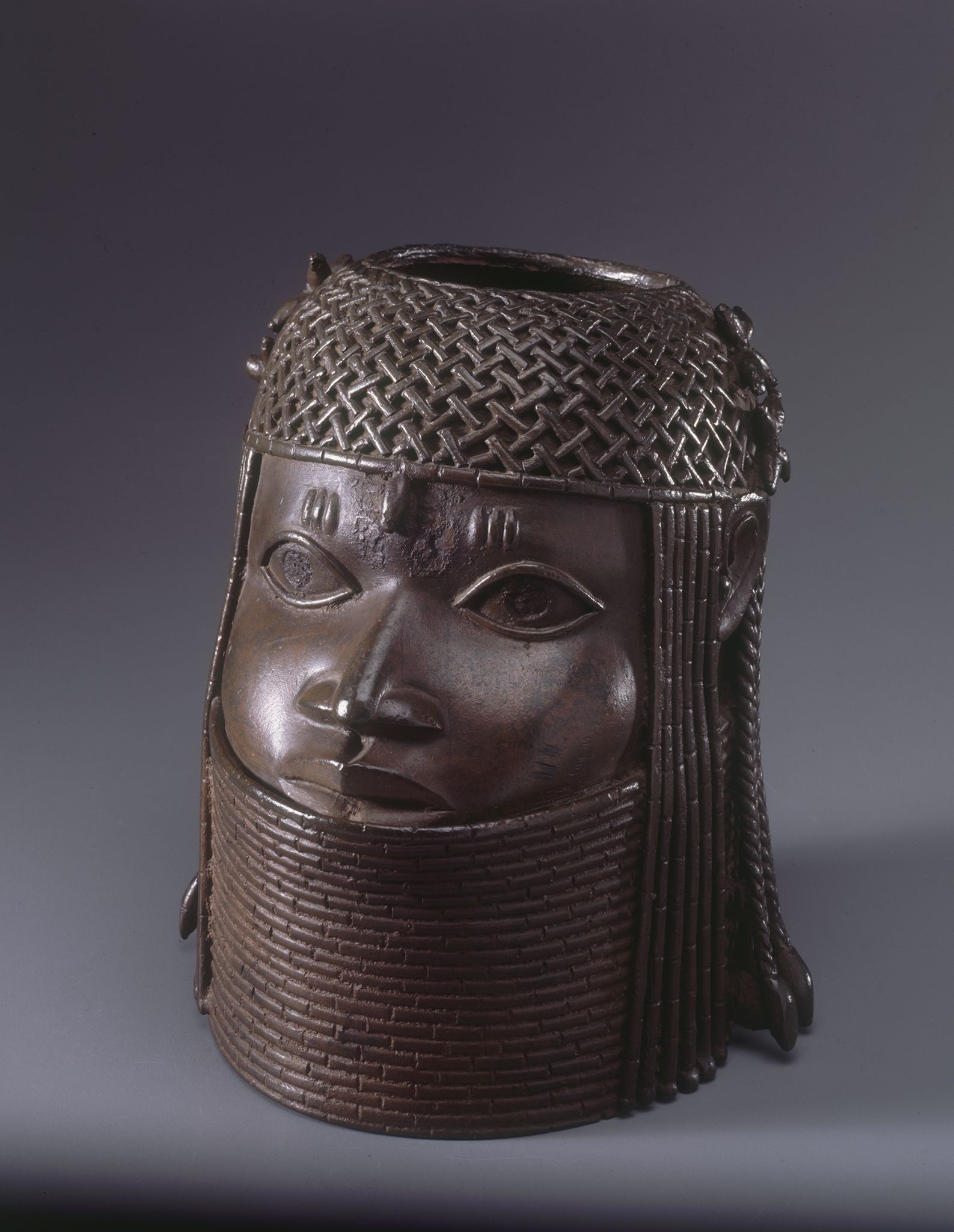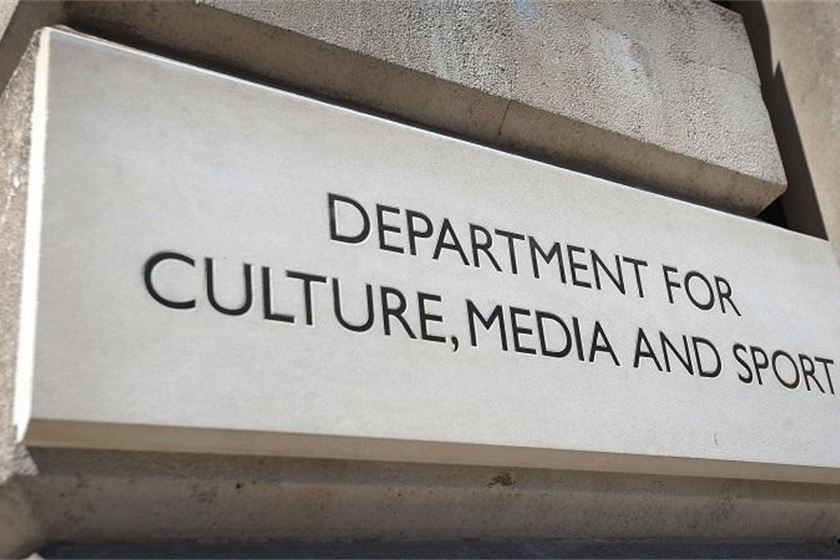Cultural Restitution
SHARE ARTICLE
Last month, Prime Minister Kyriakos Mitsotakis of Greece secured an agreement to borrow an important fifth-century BC metope from the Louvre. But he's less likely to secure a loan of the Parthenon Marbles from the British Museum.
Mitsotakis' initiative opens up another new chapter in this highest profile of all restitution cases, but what is going to break this long-running impasse?
The agreement for a 'temporary exchange' of the Centauromachy, a marble frieze depicting the Battle of the Lapiths with the Centaurs, was made during recent diplomatic talks held between Mitsotakis and President Emmanuel Macron of France. The frieze was recovered by French diplomat, Louis Francois Sebastien Fauvel from the foot of the Parthenon in 1788. In a bizarre twist, the metope was intercepted by the British and was sold at auction to the 7th Earl of Elgin. who after keeping it in his possession for several years returned it to its French owner in 1818. The Greeks plan to exhibit the Louvre sculpture at the Acropolis Museum in 2021 to mark their country’s bicentennial independence celebrations. In exchange, the Louvre will be sent a collection of bronze antiquities that have never before left Greece.
Of the original 92 metopes on the Parthenon, most are damaged and only a few remain affixed to the building. Only one is on exhibition at the Acropolis Museum; the Louvre hold one other. Fourteen are held by the British Museum.
Mitsotakis has said he now intends to appeal to the British Prime Minister’s zeal for Ancient Greece to secure a loan of the Parthenon Marbles. These would be exhibited alongside the Louvre metope at the Acropolis Museum during his country’s year of independence celebrations. In exchange, the British Museum would also receive “important artefacts that have never left Greece”.
This is the latest attempt by Greece to propose the loan of newly discovered artefacts in return for the loan of the Marbles. The same offer was made by Greece to coincide with the Athens Olympics in 2004.
Mitsotakis maintains his push for a ‘loan’ doesn't alter Greece’s overarching claim to ownership of the Marbles. “Eventually this is going to be a losing battle [for the British]” he insists. “At the end of the day there is going to be mounting pressure on this issue”.
However, his predecessor, Alexis Tsipras, has criticised him for naivety. Borrowing the Marbles, he maintains, allows the British Museum to appear as legal owner of the sculptures, which Greece has been seeking to recover for the last two centuries. Writing on Facebook, Mr Tsipras argues the Government “should ask for the permanent return of the Parthenon Marbles... with the support of all us”.
The British Museum is entitled to lend its objects for public exhibition. Only last month the Museum announced an agreement to lend an entire collection of highly important Assyrian sculpted reliefs to the J. Paul Getty Museum in Los Angeles. The three-year agreement allows the British Museum time to complete the refurbishment of new facilities for a permanent display of the reliefs in London.
The Museum has also collaborated with other Greek museums and institutions on a number of different projects and has even loaned out one of their Parthenon sculptures to another museum - but not to Greece. In December 2014, the Museum loaned its sculpture of the river-god Ilissos from the West pediment of the Parthenon to celebrate the 250th anniversary of the State Hermitage Museum in St Petersburg. At the time, the British Museum said ‘no loan could more fittingly mark the long friendship of our two houses, or the period of their founding, than a sculpture from the Parthenon’.
So why is the British Museum unlikely to accede to this latest request and what chance is there of a break-through?
A British Museum spokesman has confirmed the Greek government has still to make a formal request for the loan of the Marbles. If they do, the trustees will be obliged to consider it, as they do with all loan requests. The Museum's trustees take their independence seriously and it's highly unlikely that an appeal by the British Prime Minister alone would carry more weight than other considerations.
It's also widely known that Greece refuses to acknowledge the Museum’s ownership of the Parthenon Marbles. The British Museum continues to insist that accepting the British nation's legal ownership of the sculptures is a pre-condition of any loan, even though this 'pre-condition' is not enshrined in the British Museum Act 1963. What the Act does state is that all loans should have regard to the interests of students and other visitors, to the physical condition and degree of rarity of the object and to any other risks to which it could be exposed.
What is the likelihood the Museum's trustees will agree the loan of at least some of the Marbles to Greece? It may be the risk that Greece might not return the Marbles after the period of loan that the Museum's trustees fear most.
So, is it ever likely the Museum's trustees would concede 'ownership' of the Marbles to Greece? Even less likely. Legal 'ownership' is the most intractable impediment to a permanent solution and it should not be forgotten it is not in the gift of the trustees of the Museum to negotiate any change in ownership. As guardians of the national collection, the trustees must comply with their responsibilities enshrined in the British Museum Act 1963. They cannot deviate from the provisions in this Act. It is for the state alone and not the trustees to decide whether the Act can be changed.
The Greek government ruled out taking legal action against the UK in May 2015 when the barrister Amal Clooney recommended taking their repatriation campaign to the International Court of Justice. Instead Greece's culture minister said he favoured a "diplomatic and political approach". The outcome of a legal appeal to an international court - despite any moral case for repatriation - is considered by many as uncertain.
The return of the Marbles represents the apex of the restitution debate. Were an international court to rule in favour of Greece it would have significant consequences on other significant jewels in the British Museum's collection, as well as to other major collections.
How then can the British Museum have greater confidence that sculptures placed on loan to Greece will always be returned? Developing a more collaborative partnership would be the first step. However, for a mutually beneficial sharing arrangement to be possible, it's essential that both parties agree to set aside the contentious issue of legal ownership.
Perhaps shared exhibitions are one small route to break the impasse. It's not a perfect route or even a permanent solution, but it's a step forward.
It may also be in the wider interests of the Museum to consider reviewing the British Museum Act 1963. The Museum has been criticised in the past for being too detached from addressing these difficult issues of context and acquisition. A review of the Act may not result in a change in ownership of the Marbles, but it would encourage a further process of modernisation and could open a whole new chapter in the stewardship of the Museum’s collection.



